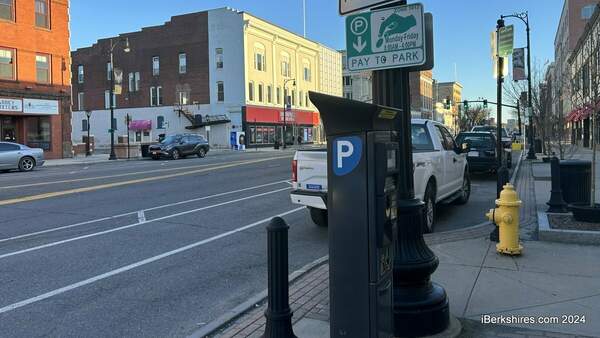BMC Offering Diabetes Education Classes in Pittsfield, North Adams
 |
PITTSFIELD, Mass. — The Diabetes Education program at Berkshire Medical Center is offering classes in July in Pittsfield and North Adams for those with diabetes, focusing on a wide range of issues.
In Pittsfield, there are four classes scheduled on consecutive Wednesdays, beginning July 6 and running through July 27, from 1 to 3 p.m. in the BMC Medical Arts Complex, 3rd Floor, in the Diabetes Education offices. In North Adams, classes are offered on four consecutive Thursdays, beginning July 7 and running through July 28, from 12:30 to 2:30 p.m. at the North Adams Campus of BMC.
Class topics include an overview of diabetes, achieving goals, blood glucose monitoring, pattern management, acute complications from the disease, high and low blood sugar, sick day management, nutritional management, meal planning, carbohydrate counting, artificial sweeteners, reading food labels, physical activity, medications and additional medications that may be recommended for diabetes management, chronic complications and their prevention and treatment, foot care, links between heart disease, stroke and diabetes, community resources, diabetes health, goal setting and problem solving, psychosocial adjustments, stress and depression.
These classes are covered by most insurance, including Medicare, and are open to anyone age 18 and over with diabetes.
Pre-registration and pre-qualification is required for the classes. Call the Diabetes Education program at 413-395-7942 to receive your individual assessment and to enroll. Interested individuals should schedule their assessment and enroll for the classes as soon as possible. For individuals who are uninsured or whose insurance does not cover the assessment and classes, a Patient Care Needs Fund is available to help cover co-pays and/or deductibles.
Tags: BHS, BMC,















